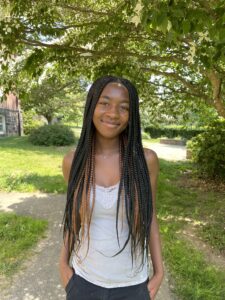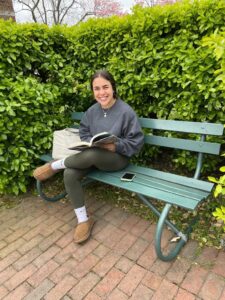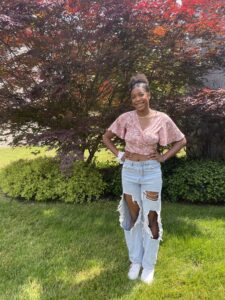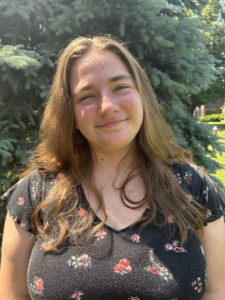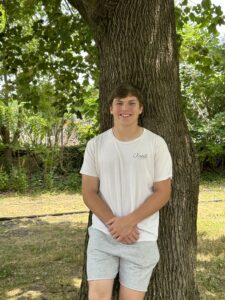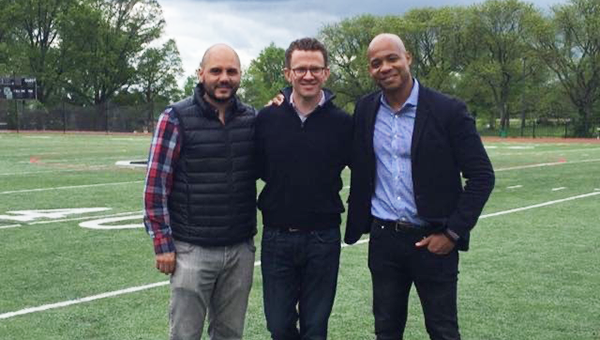
In 1993, three freshmen from New York City found themselves living in Campbell dormitory. While they came from different parts of the city, that common bond started their friendship; however, it was football that deepened their relationship which is still as strong today, twenty-eight years later. Each brings to life how football instilled in them George School’s values of Transformative Teaching and Learning, Unity in Diversity, Personal Integrity, and Responsibility to Others.
“Freshman football is ‘background agnostic,’” explained Kevin Edwards ’97 TR. “Despite coming from different backgrounds, we start at the same level because most haven’t had the opportunity to play football before high school. It is a physical sport, but it is a team sport. There are individual talents, but everyone has a stake in the game and must pull together and do their job if the team is to be successful. You learn a lot about yourself when you play football, but you learn it in the context of the game, through the pain and emotional highs and low, and you learn it together. This is what makes football different and why it can’t be replicated in a classroom. Rivalries, and myths about rivalries, creates culture for the team which helps the learning and growth process.”
Henry Capellan ’97 realized that football complemented so much of his George School experience and offered a vehicle for him to explore new interests, meet new people, and come of age. “When I came to George School, playing football was not on my radar at all but Jevon [Thoresen] ’97 was a big football fan and when he told me he was going to try out for the team, I thought, ‘ok, I’ll join you,’” said Henry. “That is the beautiful thing about George School, you can try out new things. It is a smaller school which allows you to participate in things which may not otherwise be available. The physical aspect of football allowed me to “let off steam,” which was very important as a teenage boy. Most of the time you are in a controlled environment, so playing football was a good outlet for me. It never felt violent, just a good escape. Football helped me understand the importance of physical activity and staying healthy.”
Jevon Thoresen ’97 offered a similar perspective. “Being on the football team was a smaller microcosm of George School as we had a shared lived experience and vision of the team which made a strong community,” said Jevon. “We worked hard and had fun. We were pushed in ways we did not know possible, but it was done in service for something bigger. Winning games mattered but it was more important for each member to do their very best for the team. Football meant teamwork and camaraderie to me. It meant shared objectives and goals through the lens of a team and what was possible if you worked together. While I did not realize it at the time, as a teenager I needed the structure and physical exhaustion that football provided. I looked forward to practice, no matter how hard it was.”
While the sport offered each of them community and connection, it was the coaches and older players who offered guidance, mentorship, and support through transformative teaching.
“Coach Gleeson ’65 was my football coach. He was the most important person in my life, and I trusted him implicitly,” said Jevon. “Coach Gleeson ’65, Coach McKee ’79, and Coach Lucas ’90 TR taught me leadership lessons which I still use today at LinkedIn. They taught me how to lead and build teams which create community and how to help teammates be the best version of themselves.”
“We looked up to seniors like Stafford Woodley ’94 and John James ’94 as examples of leaders,” said Henry.
Kevin shares how the example of those who went before him created a path and feeling of belonging. “When I came to George School, I wanted to try everything. As part of the Oliver Scholars Program, I met upper classmen mentors at George School who were leaders and captains on the football team, and it was natural to follow the same path.”
While each of them have fond memories of games and specific plays, rarely do those emerge as the moments where their friendship grew and they learned life’s lessons. Instead, those were born out of the less glamorous events. Henry points to how the coaching staff brought the best out of him and provided structure through practice and offseason workouts. “Coach Gleeson ’65 taught us to “push ourselves and do a little more.” I recall him giving us a summer workout schedule and that was the first time I had been given a training schedule.”
Jevon reflects, “What I remember most is the laughter in the locker room, the process of getting ready, walking around school in our uniform, and Coach Gleeson’s ’65 gruff voice saying, ‘six inches, six inches, couple more, couple more you can do a few more,’ as we did butterfly kicks during training.”
“Football is a time-consuming sport, and you really get to know your peers outside the classroom,” continued Kevin. “I have great memories of preseason and bus trips to play opponents.”
The bonds sparked in Campbell and stoked on the football field were fortified in the dorms and in the years that have passed since leaving George School.
“The relationship with my teammates was very important, particularly with Jevon and Kevin,” said Henry. “They are still my best friends, and we will always be there for each other. Becoming friends with people at boarding school is different from college as the school environment is smaller and you are just starting to mature both physically and emotionally. I attended Cornell to study applied economics and it was through my friendship with Jevon that I first became interested in working on Wall Street, and I got my first job through a friend of his family,” Henry explained.
“During those times you get to know each other in a different way,” continued Kevin. “After Campbell we lived in Orton, and then an apartment in Eyre Line during junior year. We played football together for four years and Jevon and I were co-captains senior year. Jevon even came to live with me for the summer between junior and senior year so we could practice each day before preseason because we wanted to be ready. We became brothers; we were fourteen years old and grew up together. We stayed in touch during college and as our careers took off. We all worked in New York for a time but even though I now live in London, Jevon is in Chicago, and Henry is in New York we still talk a few times each week,” said Kevin.

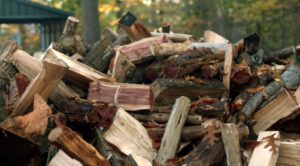
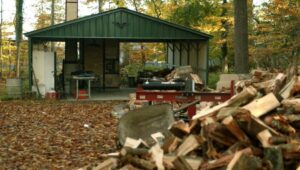


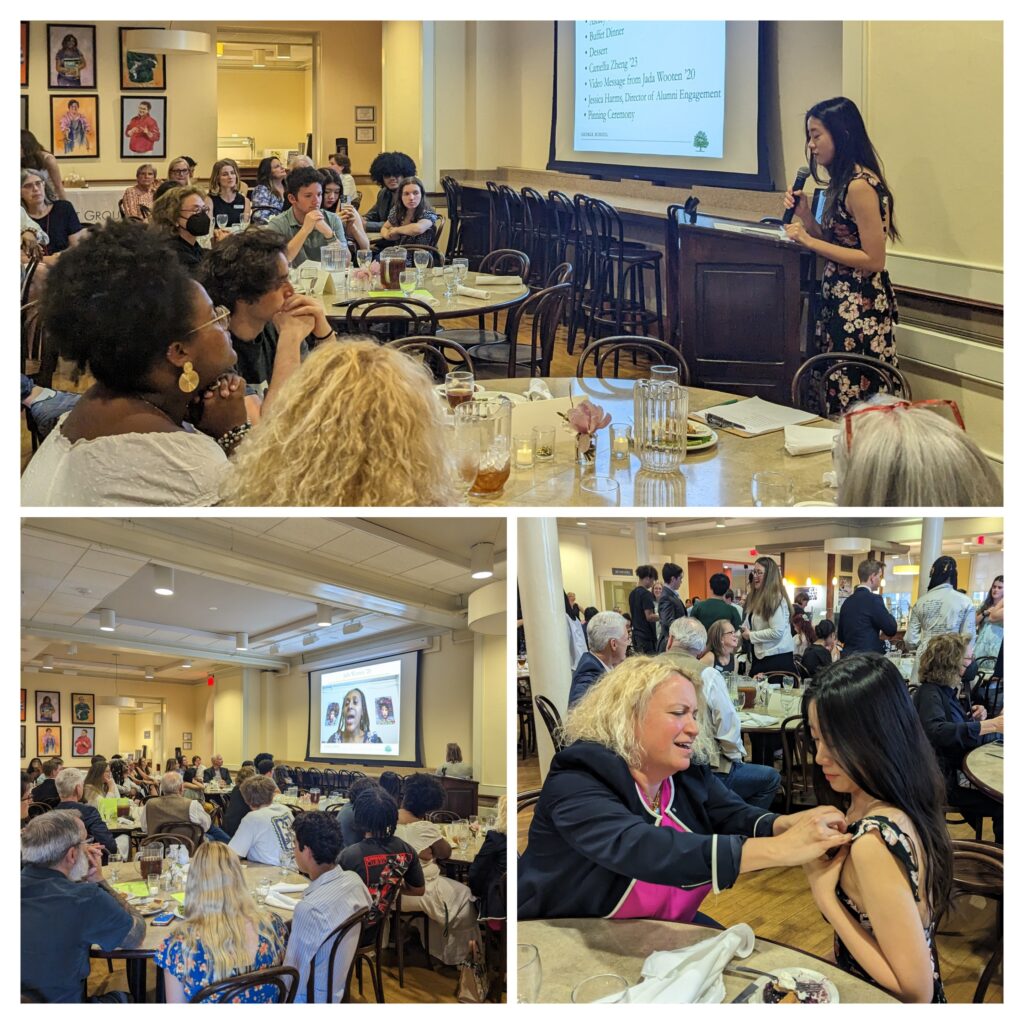
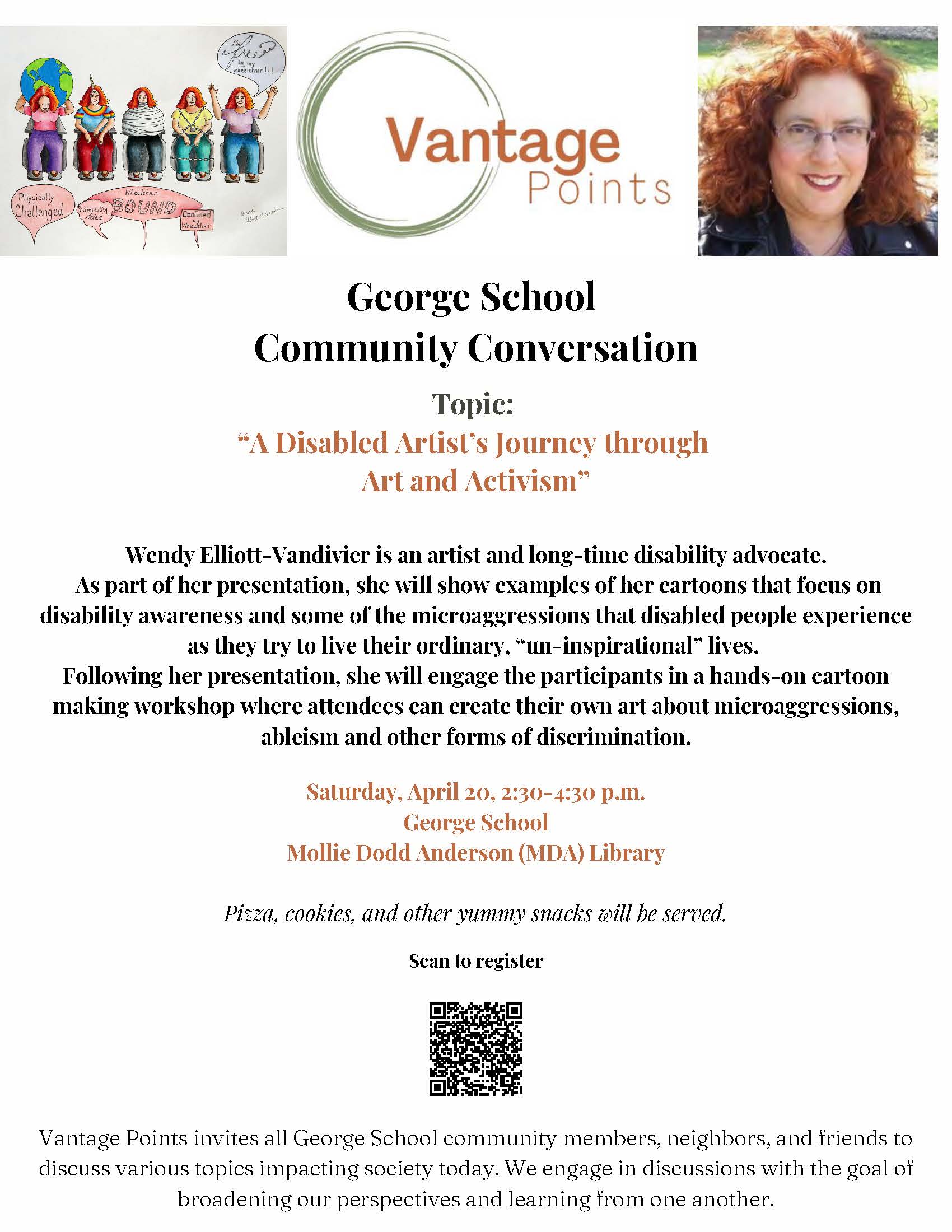
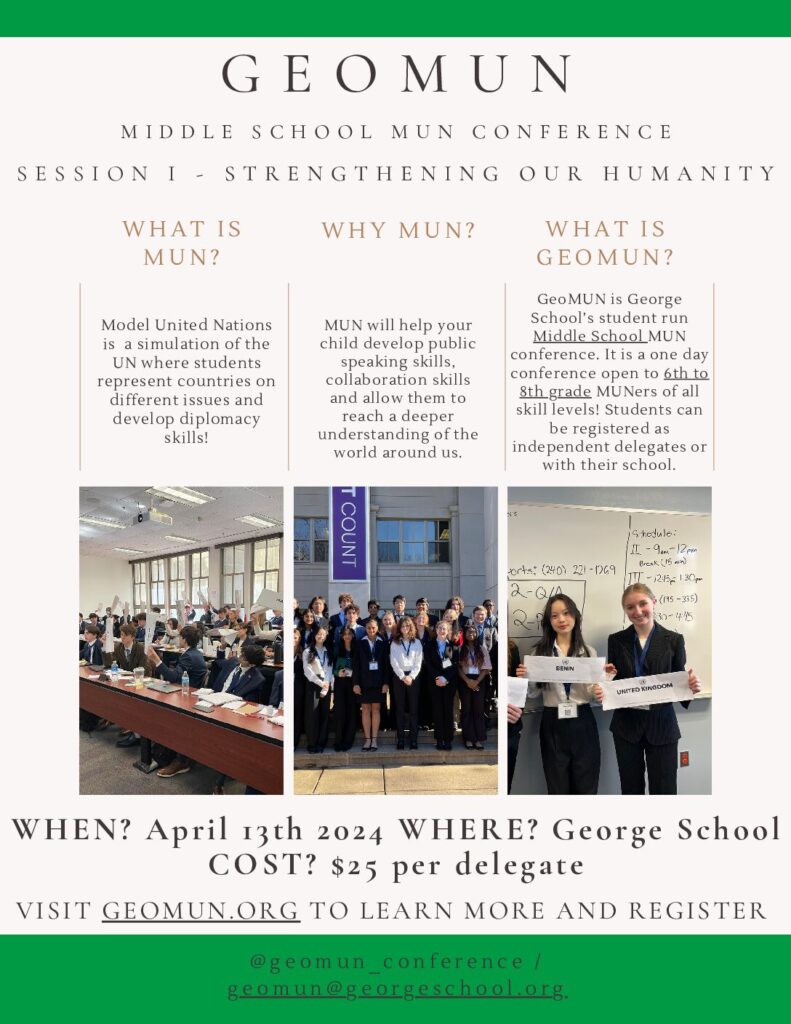
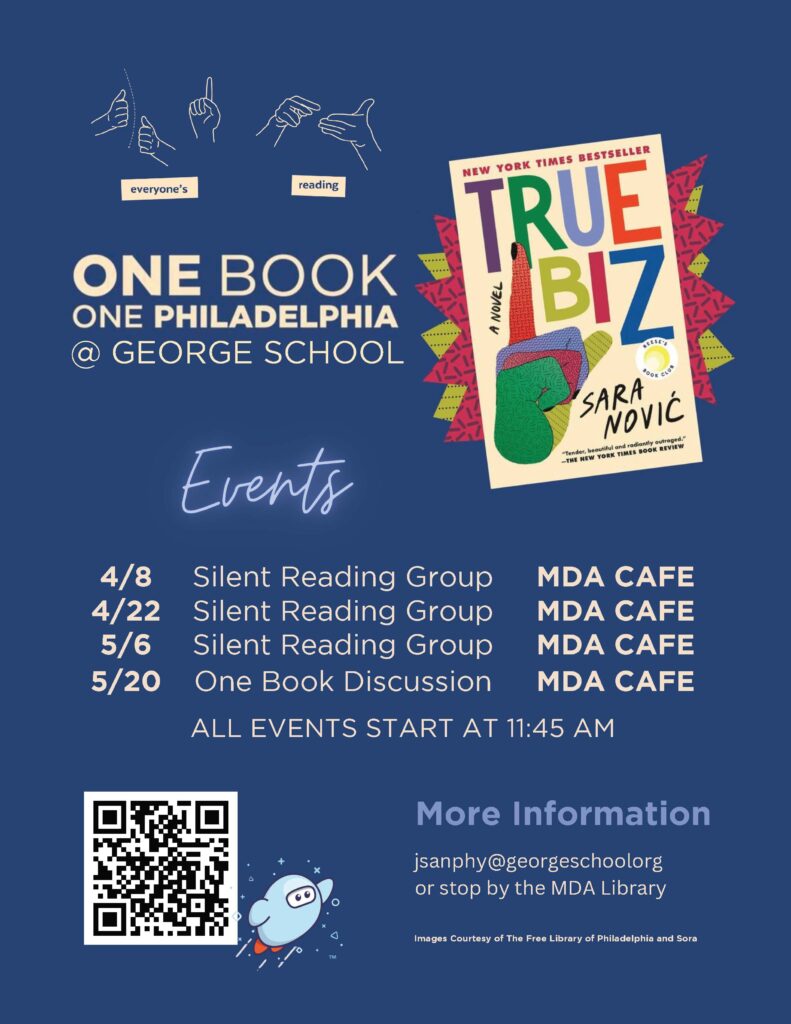
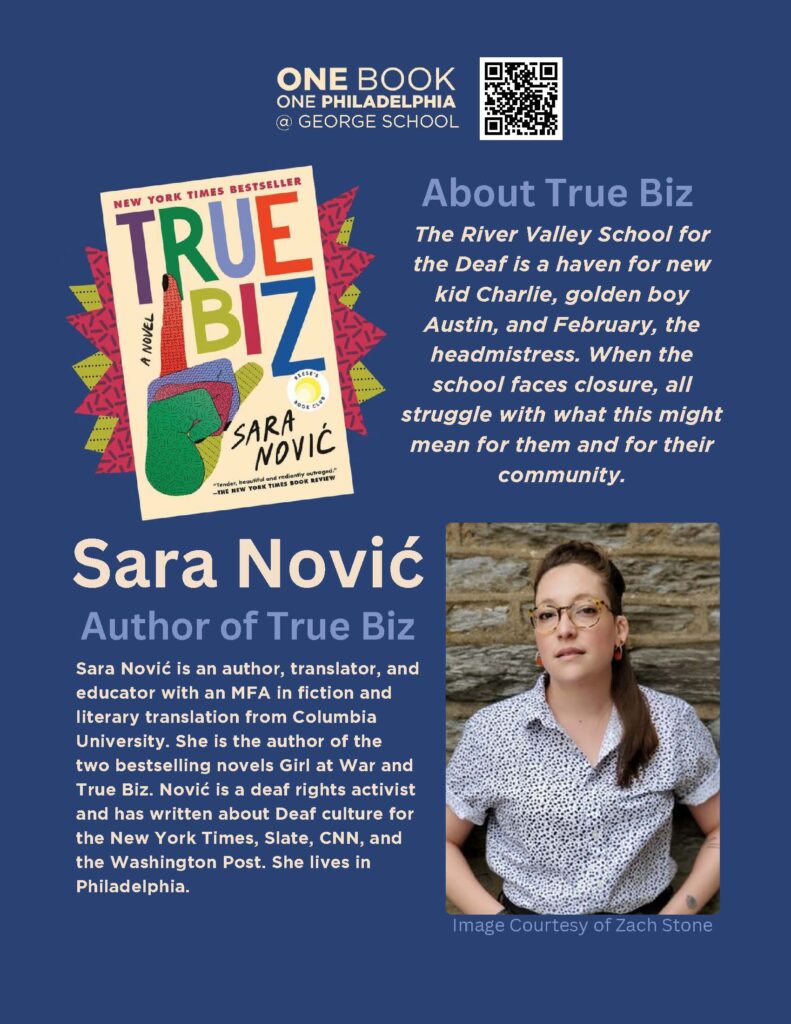
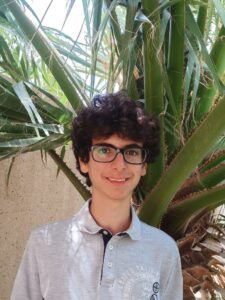 Monastir, Tunisia, and Amman, Jordan
Monastir, Tunisia, and Amman, Jordan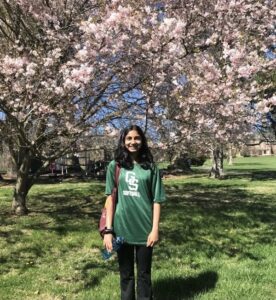 Irvine, CA
Irvine, CA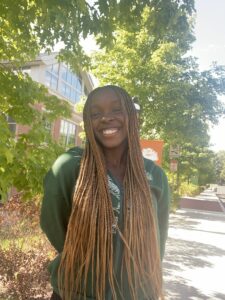 Feasterville-Trevose, PA
Feasterville-Trevose, PA New Hope, PA (Previously NYC)
New Hope, PA (Previously NYC)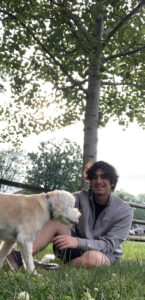 Richboro, PA
Richboro, PA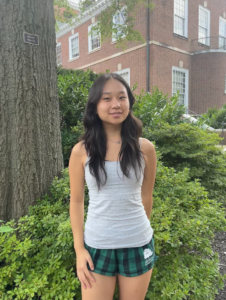 Englewood, NJ
Englewood, NJ Ningbo, Zhejiang, China
Ningbo, Zhejiang, China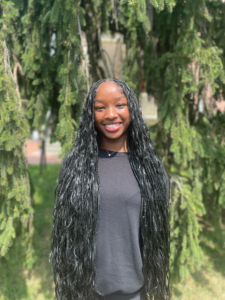 Willingboro, NJ
Willingboro, NJ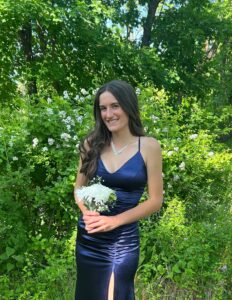 Yardley, PA
Yardley, PA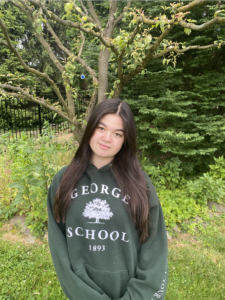 Newtown, PA
Newtown, PA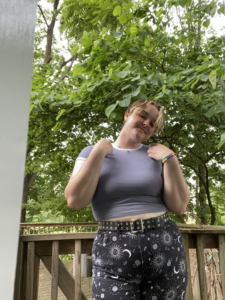 Holicong, PA
Holicong, PA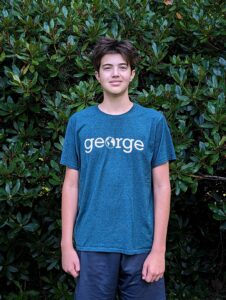 Newtown, PA
Newtown, PA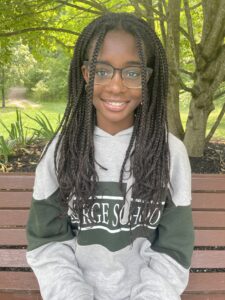 Hamilton, NJ
Hamilton, NJ Yardley, PA
Yardley, PA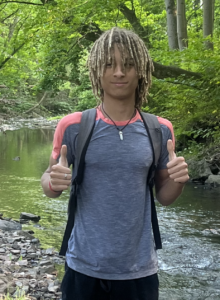 Lambertville, NJ
Lambertville, NJ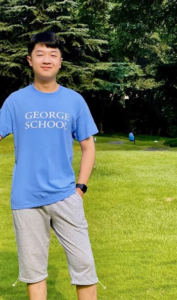 Chongqing, China
Chongqing, China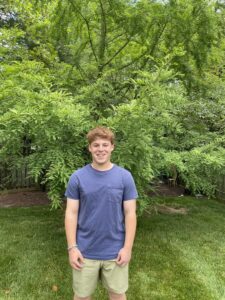 Pennington, NJ
Pennington, NJ Yardley, PA
Yardley, PA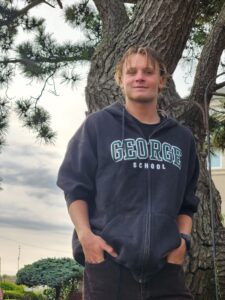 Bensalem, PA
Bensalem, PA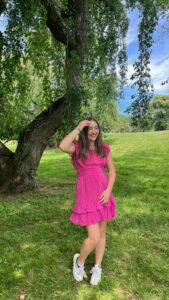 Borgota, Colombia
Borgota, Colombia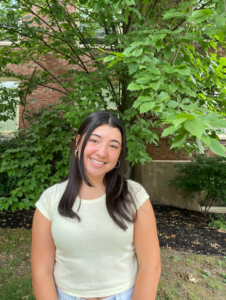 Newtown, PA
Newtown, PA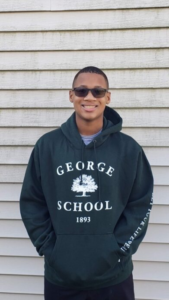 Burlington, NJ
Burlington, NJ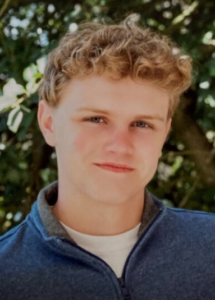 Langhorne, PA
Langhorne, PA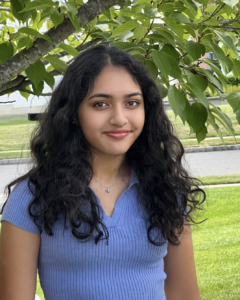 Princeton, NJ
Princeton, NJ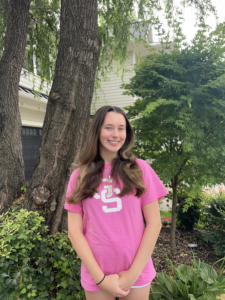 Langhorne, PA
Langhorne, PA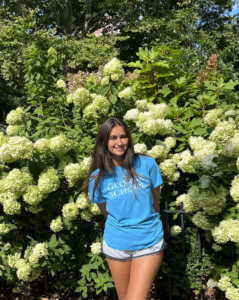 New York City, NY
New York City, NY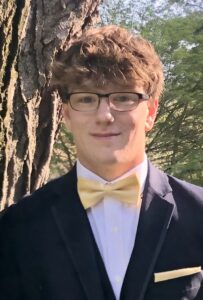 New Hope, PA
New Hope, PA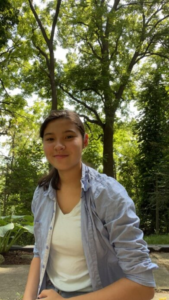 St. Catharines, Ontario, Canada
St. Catharines, Ontario, Canada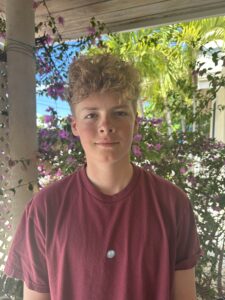 Providenciales, Turks and Caicos Islands
Providenciales, Turks and Caicos Islands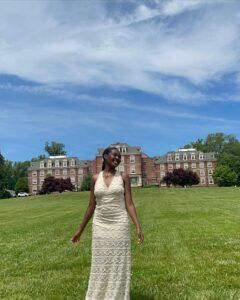 Willingboro, NJ
Willingboro, NJ Princeton, NJ
Princeton, NJ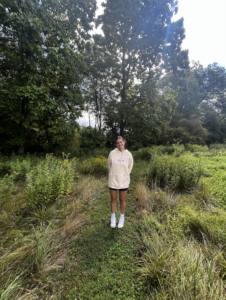
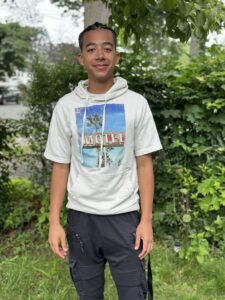 Newark, NJ
Newark, NJ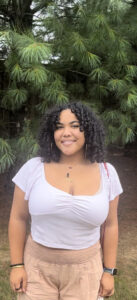 Trenton, NJ
Trenton, NJ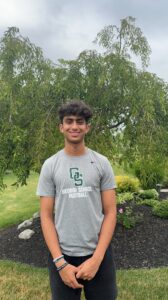 Newtown, PA
Newtown, PA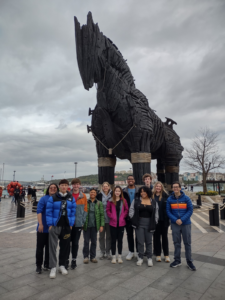
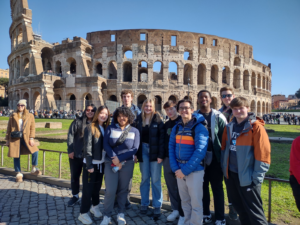
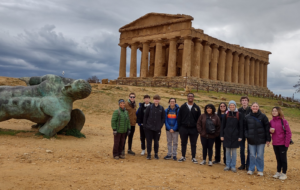
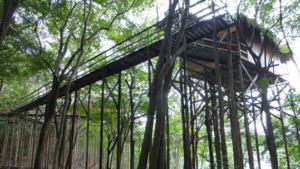
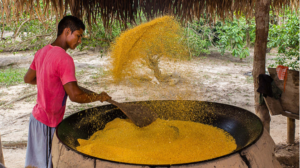


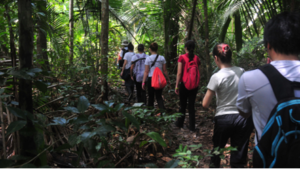
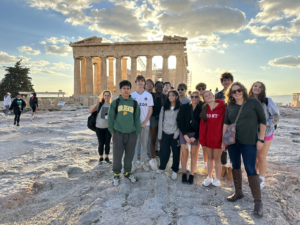
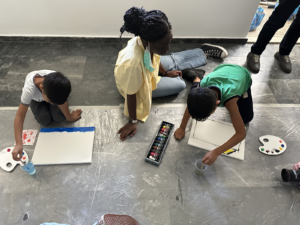
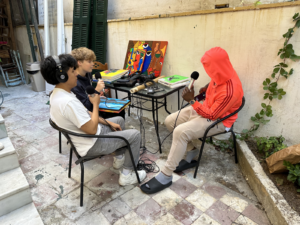
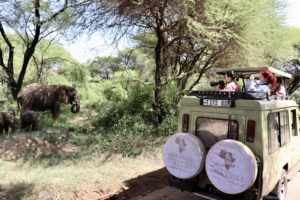
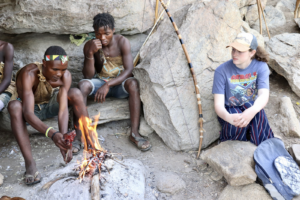
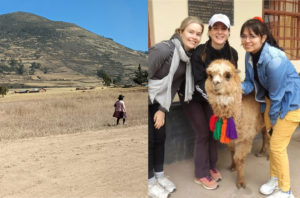
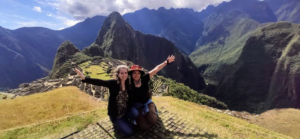
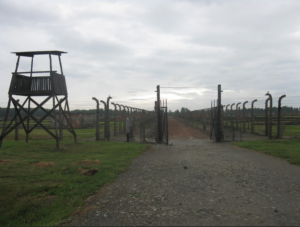
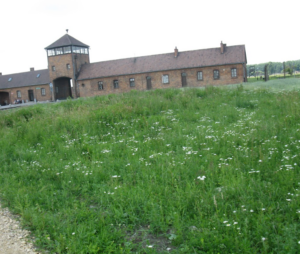
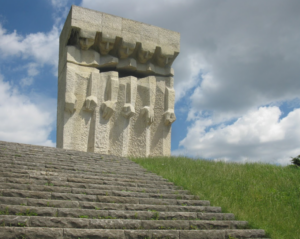
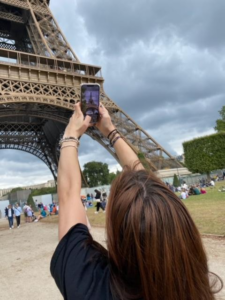
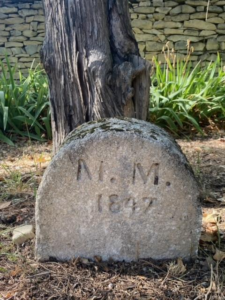
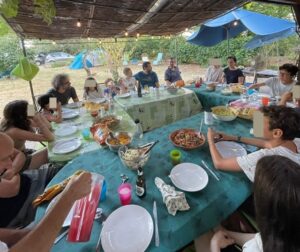
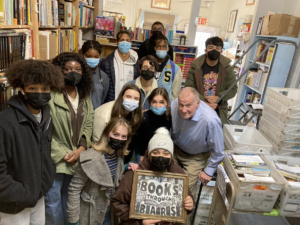
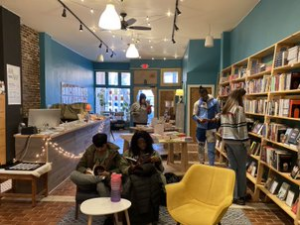
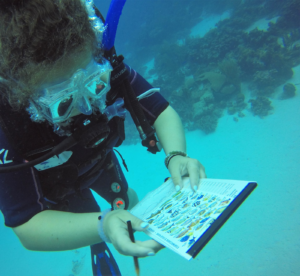
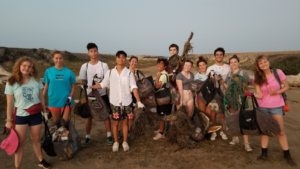
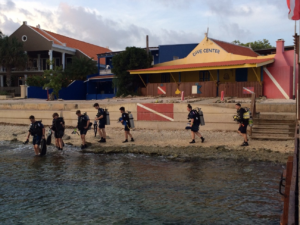
 Lawrence, NJ
Lawrence, NJ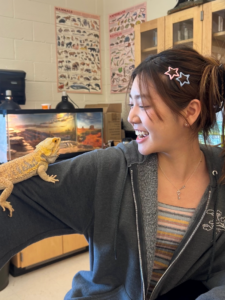 Seoul, South Korea
Seoul, South Korea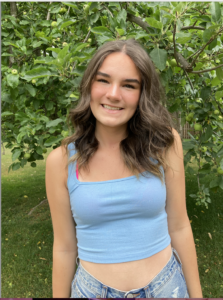
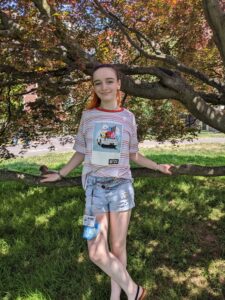 Milwaukee, Wisconsin
Milwaukee, Wisconsin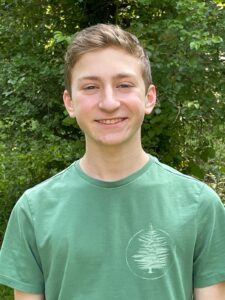 Pennington, NJ
Pennington, NJ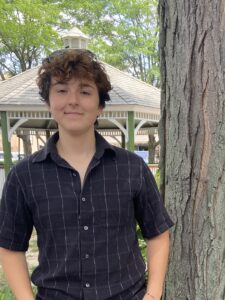 Jenkintown, PA
Jenkintown, PA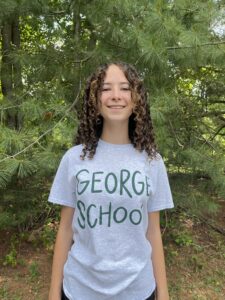 Ottsville, PA
Ottsville, PA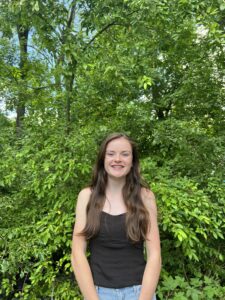 Yardley, PA
Yardley, PA Providenciales, Turks and Caicos Islands
Providenciales, Turks and Caicos Islands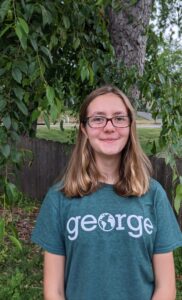 Hopewell, NJ
Hopewell, NJ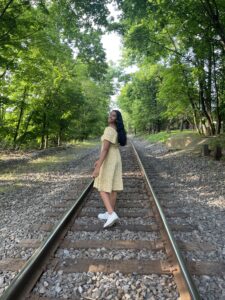
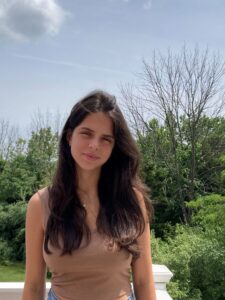 Pottstown, PA
Pottstown, PA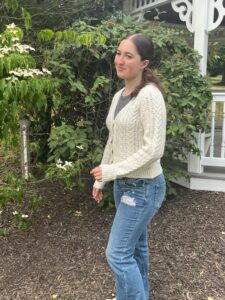 Playa del Carmen, Quintana Roo, México
Playa del Carmen, Quintana Roo, México Shanghai, China
Shanghai, China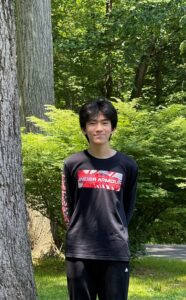 Beijing, China
Beijing, China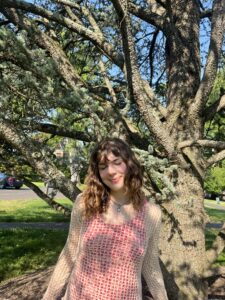 Yardley, PA
Yardley, PA Beijing, China
Beijing, China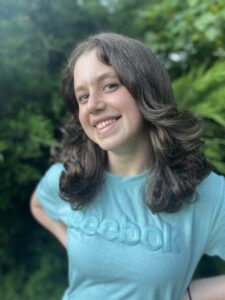 Holland, PA
Holland, PA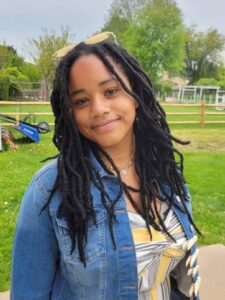 Langhorne, PA
Langhorne, PA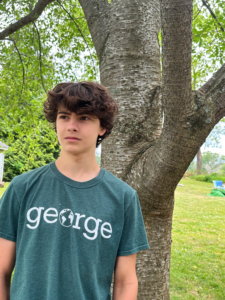 Ringoes, NJ
Ringoes, NJ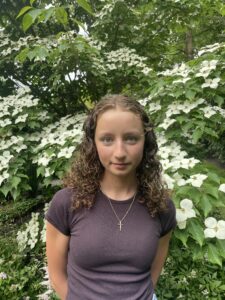 New Hope, PA
New Hope, PA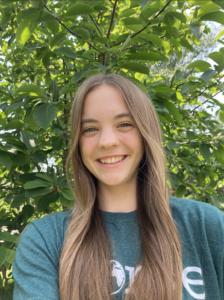 Dreshner, PA
Dreshner, PA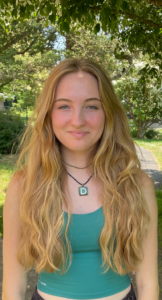 Yardley, PA
Yardley, PA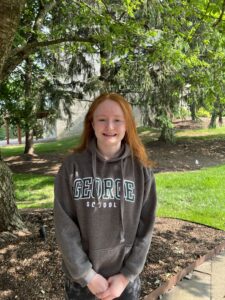 Yardley, PA
Yardley, PA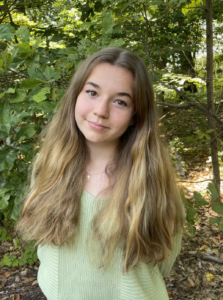 PA
PA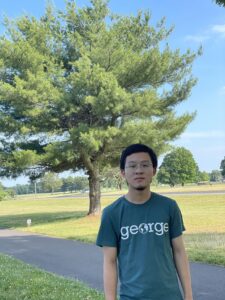
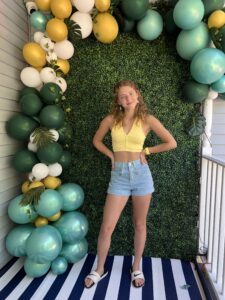
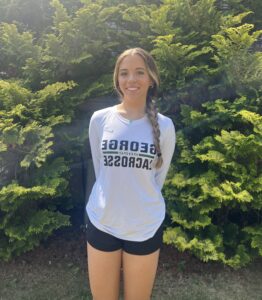
 Xi’an, China
Xi’an, China